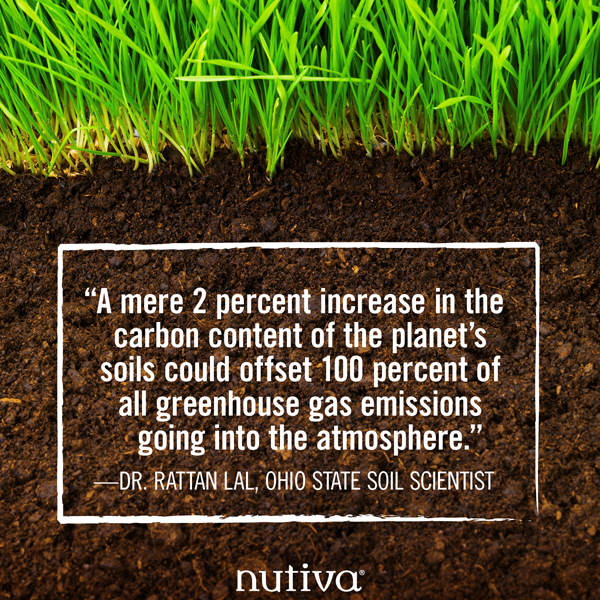Regenerative Agriculture: Difference between revisions
Siterunner (talk | contribs) No edit summary |
Siterunner (talk | contribs) No edit summary |
||
| Line 17: | Line 17: | ||
::············································································· | |||
| Line 73: | Line 73: | ||
[[Category:Climate Change]] | [[Category:Climate Change]] | ||
[[Category:Climate Policy]] | [[Category:Climate Policy]] | ||
[[Category:Farm-Related Policies]] | |||
[[Category:Food]] | |||
[[Category:Soil]] | [[Category:Soil]] | ||
[[Category:Sustainability]] | |||
Revision as of 03:20, 19 February 2018
Regenerative Green Best Practices
Kiss the Ground.com
- Restore tbe soil & accelerate regenerative agriculture
- ·············································································
○
● http://ecowatch.com/2015/01/06/regenerative-organic-agriculture/
● http://ecowatch.com/2015/01/13/regenerative-organic-agriculture-2/
We’ve severely disrupted the balance in the “carbon triad” by clearing rainforests, degrading farmland, denuding pasturelands, and burning coal and oil. The carbon triad? Yes; think of the three main carbon sinks: the atmosphere, the oceans and the humus-sphere. While I’m sure you’re familiar with the first two, you might not know about the latter carbon sink. Humus is the organic component of soil. (Gardeners create it as compost.) The humus-sphere is made up of the stable, long-lasting remnants of decaying organic material, essential to the Earth’s soil fertility and our ability to grow nutrient-rich crops.
○
● http://www.greenpolicy360.net/mw/images/Soil_Story_AnnotatedScript_2015.pdf
○
○
Carbon Storage, Soil-Based / October 3
○
● https://www.greenpolicy360.net/w/Climate_Smart_Agriculture
○
